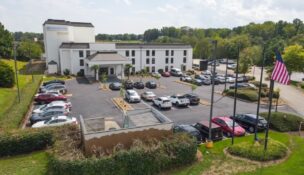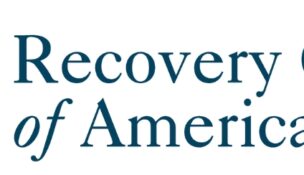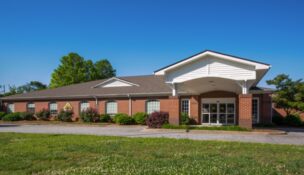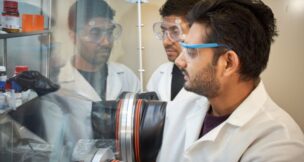Development underway for COVID-19 testing in the workplace
Molly Hulsey //May 27, 2020//
As industry begins to reopen across the state, life science companies turn their sights to expanding COVID-19 diagnostic and antibody testing options for the workplace.
Greenville-based lab Precision Genetics partnered with Prisma Health in early April to process the health care system’s COVID-19 tests within 24-hours of reaching the lab.
Now that this testing line is fully automated with the capacity to churn out about 1,000 samples in a matter of hours, the lab is developing plans for the next testing battleground with a high-throughput COVID-19 diagnostic program called “Precision Worker Safety” and a smartphone employee wellness app created by Questis that uses an RFID thermometer to report feverish temperatures to employers.
“Up here in Greenville, manufacturing is a huge, huge part of our economic situation, so we have to be able to provide employers some kind of assurance that their employees can come back to work without a rapid spread of the virus,” Nate Wilbourne, CEO and president of Precision Genetics said, adding that it is “naive” to think the state peaked in mid-April with so little testing.
He said Precision is working with several large self-insured manufacturing companies as well as poultry suppliers to develop a salvia-based testing strategy. Pending a state-supported grant that the lab applied for during the week of May 1, Precision will launch saliva-based testing within three weeks.
Other methods of testing face a waiting period before they can be implemented, while the app is several months away from release, he said.
“What we’ve developed is a combination approach to COVID-19 screening and an antibody test as it evolves, as the workforce is building up an immunity at the individual level, which reduces the spread over time,” he said. “Until there’s a vaccine or some type of therapy, that is the safest way to go about this.”
In late April, however, Wilbourne said current antibody tests led to a number of false positives and negatives.
“Unfortunately, antibody testing is not very reliable today, as it sits,” he said. “There are still a lot of gaps in the science regarding the sensitivities and specifications. Right now, there are 50 proteins in the coronavirus. Right now, we (the health science community) are testing for multiple proteins, but there’s no way to guarantee which protein creates immunity.”
He also said antibody testing can only detect antibodies a few weeks after individuals have recovered from COVID-19 but noted that the work of professionals like Dr. John Wrangle, Precision’s chief medical officer and medical oncologist at the Medical University of South Carolina, are heading up research to broaden the window of antibody detection and accuracy of the tests.
Sam Konduros, CEO and president of SCBio, said the life sciences economic development network is working to support continued research and implementation of both diagnostic and antibody testing across the state.
“Even from the beginning, we were trying to present every approved and available COVID-19 test kit option we were aware of, and as you can imagine, we are moving heavily into the world of antibody testing now too,” he said. Our primary goal in representing the life sciences industry in the state is to have a very ecumenical approach of what resources are available that can help employers reopen as safely as possible if working remotely is not an option.”
One way SCBio hopes to open those options to employers is making test kits readily available to state industries through the COVID-19 Emergency Supply Collaborative that SCBio helped develop with the S.C. Manufacturers Extension Partnership, the S.C. Hospital Association and S.C. Department of Commerce.
Created in early April with the goal of bridging shortages in personal protective equipment and other critical needs goods to health care systems, Konduros said the online portal also welcomes purchases from businesses, especially manufacturers, in need of South Carolina-made masks, disinfectant, test kits or a host of other high-demand products.
On April 7, Konduros also noted that antibody testing tended to be a less reliable indicator than diagnostic testing at this point, but he sees potential for companies to use both, especially as antibody testing becomes more sophisticated and “herd immunity” builds.
“From a diagnostic standpoint, there doesn’t seem to be a substitution for PCR testing, which is going to be the one way to confirm a diagnosis for someone with COVID-19, either someone who is showing acute symptoms or has had clear exposure, or is working in an environment where an employer would simply need to know there is that issue,” he said.
On the other hand, Konduros is intrigued by the potential of workforce antibody testing as research moves forward, especially with tests used by Abbott Laboratories, that detect IgG antibodies that remain in the bloodstream for several weeks after an individual recovers from COVID-19. He said that as the state moves into summer, Abbott is planning to release large quantities of IgG tests that are at least 98% accurate.
“I certainly think the antibody tests are going to innovate and improve over time, and there’s going to be a lot more data to see how people are responding who have had COVID-19 and what kind of immunity is being developed. There are just so many variables right now,” Konduros said.
This story originally appeared in the May 18, 2020, print edition of the GSA Business Report.
P
















